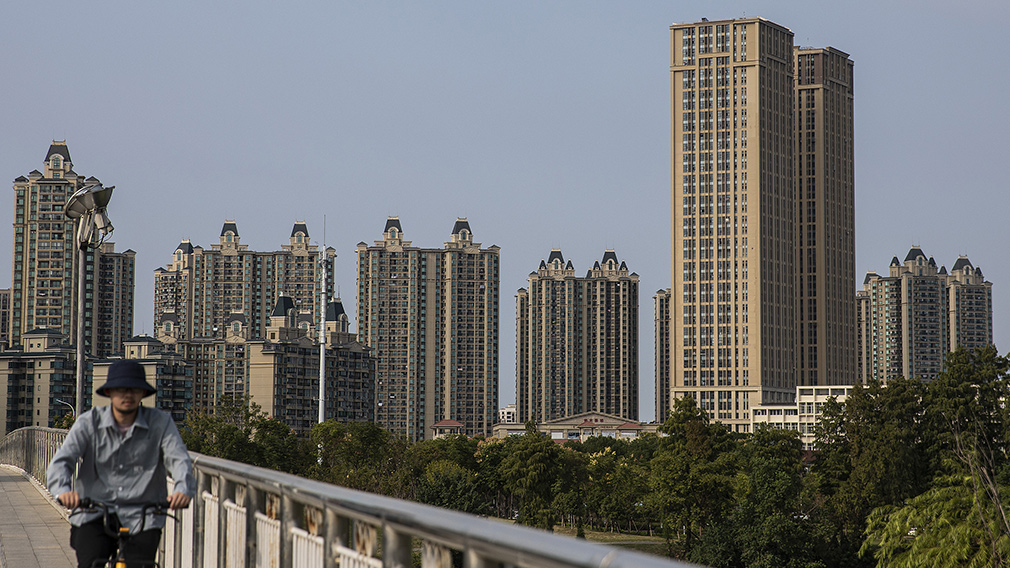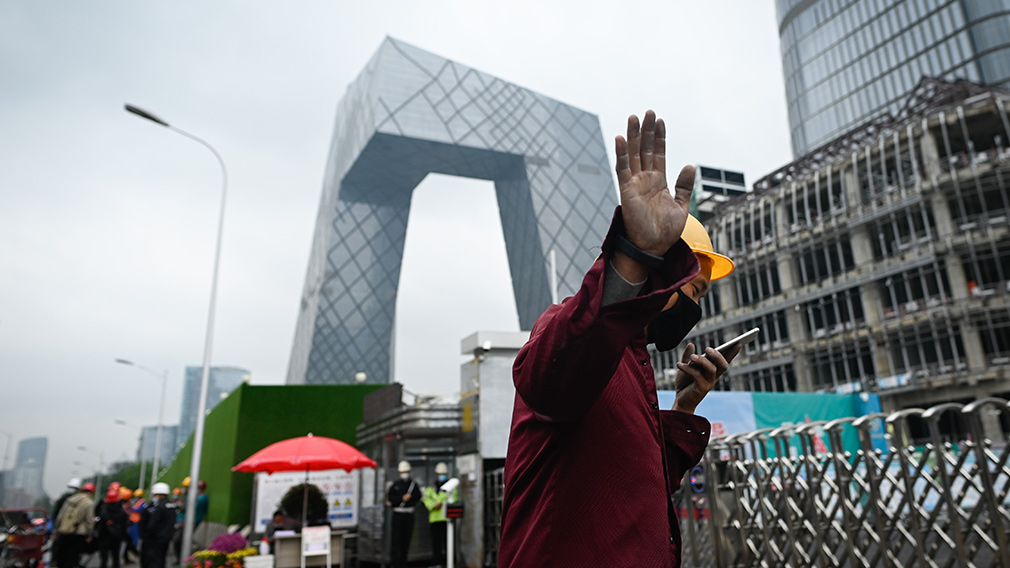Play on: the AFL and China growth goals
The AFL’s head of China Tom Parker and Port Adelaide’s commercial development manager China Damien Smith discuss the China expansion and growth options.
Port Adelaide’s trouncing of St Kilda likely wasn’t the game the Australian Football League was dreaming for in Shanghai on Sunday, but China is rarely an easy, quick road for any organisation.
“It’s been a long journey,” Damien Smith, Port’s commercial development manager China, said last week at a Westpac-Austcham event in Hong Kong in the lead up to the club’s – and the AFL’s – third game in China.
“(But) it's a competitive landscape in the AFL…(and) for our club, what do we want to do? We want to win premierships. We want to invest back into our community. How do we do that? Well, that commercial dollar and those partnerships are not necessarily always going to come from a local domestic market.
“China is our (Australia’s) largest trading partner so it makes sense for us.”
On the sidelines of the same Austcham Westpac Australia-China Business Awards event, the AFL’s head of China Tom Parker said the league was upbeat about the audience and commercial growth opportunities the massive Chinese market presented. He cited potentially exporting more formats such as AFLX, streaming opportunities with tech giants like Alibaba and rising cross-border commerce by Australian and Chinese companies.
“We've sold out three years in a row (which) is testament to I guess to the opportunity,” he said, adding the AFL have committed to games in China until 2021 and just opened a new office in Shanghai. “And now I think for us the opportunity is how do we then take that and use that platform within which to … grow the game as well as I guess export Australian sporting culture.”
Despite the US-China trade war unnerving markets, the AFL and Port’s sentiments echo a recent Westpac-Austcham Shanghai survey which found more than 70 per cent of Australian businesses remained positive on their China operations in the next 12 months and more than 80 per cent over the next five years, down only slightly from a year earlier.
Michael Correa, Westpac’s general manager Asia Pacific, said the trade tensions hadn’t taken a material toll on trade flows between Australia and the region in the past six months but clients were showing caution following the re-escalation of the US-China dispute. Reserve Bank of Australia Governor Philip Lowe this week said he was "quite worried" about the trade war, noting the risk that Australian businesses started delaying investments due to the uncertainty, which was already occuring in other countries.
“The sentiment really is wait and see," Mr Correa said. "A month ago, we thought this was going to get resolved … and then things changed overnight. (But) as we saw in our business survey …on a long-term basis they are very certain that they want to be in China.”
For the AFL, which played its first game for premiership points in China in 2017 after previously playing exhibition games in other countries, Mr Parker said the opportunity was to connect better with the large Chinese communities in Australia, but also the massive market’s potential for new fans, audiences and commercial relationships.
Executives discuss the trade war and iron ore market at the Austcham Westpac Australia-China Business Awards in Hong Kong.
“We have a cumulative audience of about 24 million in China which is pretty good and some of our games actually rated better than Friday night football last year. So how do we look at digital broadcasting, how do we look at streaming whether it's AliBaba or Tencent…how do we get onto those platforms? So that’s certainly the next approach,” he said.
Mr Smith of Port, a driving force behind the AFL’s expansion after working with Chinese businessman Gui Guojie on the move since 2013, said despite the challenges of growing in a new market, the club’s investment in the annual game in China is already generating a financial return due to strong partnerships and planning, and it could ultimately even be a source of on-field talent.
After Sunday’s more than 10 goal loss, St Kilda coach Alan Richardson also remained upbeat telling media the club would be “embracing this opportunity for the years to come”.
Mr Smith’s advice?
“You can't do it alone, you've got to have great partners. You've got to have a long-term strategy behind it,” the former wine industry executive said. “The first couple of years are going to be pretty tough. You know, out of 10 conversations that you have one might actually be fortuitous, so don’t give up.”
Andrew Martin knows first-hand what it’s like on the ground in China as Moelis Australia head of asset management. After targeting Chinese high net worth investors for several years, Sydney-based Moelis last year established an office in Shanghai as part its expansion in the region amid Asia’s rising wealth. Mr Martin said Chinese investors continued to want to diversify into more defensive asset classes Moelis offers exposures to and many aren’t affected by any measures to restrict capital outflows because they already have capital outside China.
“It’s even got more pronounced,” he said of the China opportunity.
“The size of the high net worth market in China is growing rapidly. In fact, Bain and Company estimate that the size of the high net worth capital market in China is five times bigger than the entire Australian superannuation sector.”
BJ Zhuang, group manager business development at Fortescue Metals Group, added that even though China’s economy had slowed in recent years, GDP growth was still running at around 6 per cent off a far larger base than a decade ago. Since being founded in 2003, Fortescue has ridden China’s expansion to become Australia’s third largest exporter of iron ore, which is trading around five-year highs of more than $US100 a tonne.
Formerly Western Australia’s senior China representative for almost 20 years, Mr Zhuang said the country’s long-term tailwinds remained strong, including mass urbanisation, buoyant construction activity and the Belt and Road infrastructure initiative.
“We're very confident in the Chinese economy and therefore the demand for steel both in the short term and for the foreseeable future…there is still a lot to do in terms of urbanisation,” he said.



